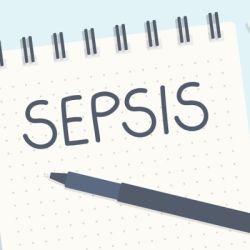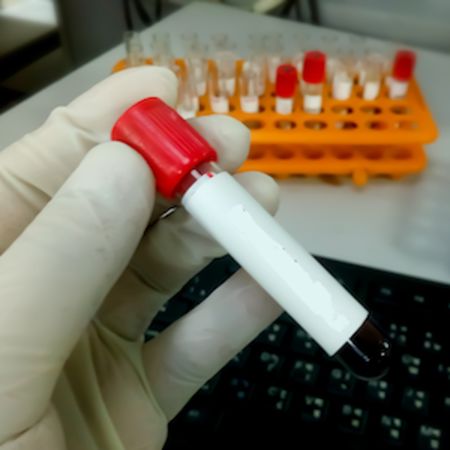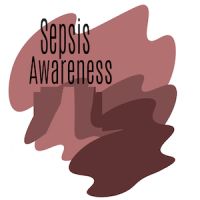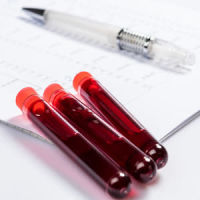Severe infections cause significant morbidity and mortality among hospitalised patients. Early detection of life-threatening infections is crucial to improving outcomes. However, none of the circulating blood biomarkers that have been investigated have been found to detect life-threatening infection quickly or accurately. Despite sub-optimal results, two biomarkers - C-reactive protein (CRP) and procalcitonin (PCT)] are still widely used.
Pancreatic stone protein (PSP) is a pro-inflammatory mediator that binds to polymorphonuclear cells and triggers their activation in vitro. It has recently been described as a potential biomarker of infection. PSP's performance has been evaluated in several patient populations and clinical settings, including emergency rooms and ICUs. In these evaluations, PSP could diagnose infection, characterise its severity, and predict outcome. However, a clinically useful PSP threshold level has not been defined to date.
This study was conducted to determine the performance of PSP in diagnosing infection across hospitalised patients and its threshold value. Researchers conducted a systematic search across studies on PSP. Their search was limited to five trials that evaluated PSP for the initial detection of infection in hospitalised adults. The researchers used a fixed-effect model to calculate the PSP cut-off value that best distinguished infected from non-infected patients.
The analysis showed that PSP confirmed infection in 371 of 631 patients. The median PSP value of infected versus uninfected patients was 81.5 versus 19.2 (12.6–33.57) ng/ml, compared to 150 versus 58.25 mg/l for C-reactive protein (CRP) and 0.9 versus 0.15 ng/ml for procalcitonin (PCT). Using a PSP cut-off of 44.18 ng/ml, the ROC AUC to detect infection was 0.81 with a sensitivity of 0.66, specificity of 0.83, PPV of 0.85 and NPV of 0.63. When using a model that combined PSP and CRP, the ROC AUC improved to 0.90 with higher sensitivity of 0.81 and specificity of 0.84 for discriminating infection from non-infection. No further improvement was observed when adding PCT.
These findings show that PSP is a promising biomarker for diagnosing infections in hospitalised patients. At a cut-off value of 44.18 ng/ml, PSP performs better than CRP or PCT. Combining PSP with CRP further enhances its accuracy.
For more Sepsis news Click here
Source: Critical Care
Image Credit: iStock
References:
Prazak J, Irincheeva I, Llewelyn MJ et al. (2022) Accuracy of pancreatic stone protein for the diagnosis of infection in hospitalized adults: a systematic review and individual patient level meta-analysis. Crit Care. 25, 182
Latest Articles
Sepsis, infection, PSP, Pancreatic Stone Protein
Accuracy of Pancreatic Stone Protein for Diagnosis of Infection



















